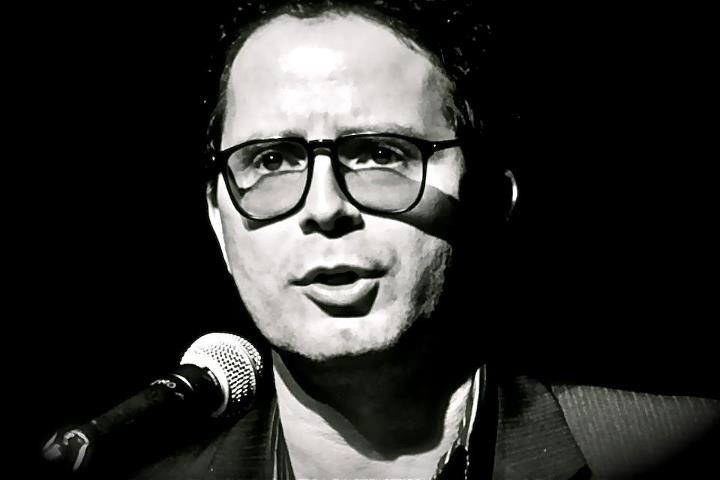Dealing with Killers and Kidnappers: The High Cost of Free Trade
http://www.phillyburbs.com/pb-
By Cyril Mychalejko
President Bush is using his final days in office to push through a free trade agreement with Colombia that would reward one of the hemisphere's worst human rights abusers.
Meanwhile, major media outlets have ceded their role as critical watchdogs and instead have indiscriminately thrown their support behind a pact with a country which Human Rights Watch notes has "the world's highest rate of killings of trade unionists...[and that] The violence there is so serious, and the lack of response by the authorities so overwhelming, that workers simply cannot exercise their rights," such as the basic right to organize.
The U.S. State Department's annual human rights report also makes a case for not passing the deal. Released in March, the report states that in Colombia "forced disappearances" occur, while the police and military have been tied to torture and extrajudicial killings. In September, the U.S. Labor Education on the Americas Project, a non-profit that supports workers in Latin America, revealed that "41 union members were killed in Colombia in the first 8 months of 2008, more than the entirety of 2007."
But never mind states the media. In a recent editorial, the New York Times argues, "The new agreement would benefit American companies." The L.A. Times also states "Seal the Deal," even though it admits "Colombia remains a violent country where...even the military and national police commit human rights abuses and atrocities." Meanwhile, the Washington Post chastised Democrats' opposition to the deal, and specifically for "arguing that Colombia has a dismal record on human rights."
Another argument you'll hear from free traders is that allowing U.S. businesses greater access into these often times fragile countries will subsequently help democratize them. But unfortunately reality trumps this free trade rhetoric.
Last year Chiquita Brands International Inc. was forced to pay the U.S. Justice Department a $25 million settlement for giving over $1 million to the right-wing
terrorist organization United Self-Defense Forces of Colombia (AUC). And even more disturbing, as the Washington Post in an Aug. 2, 2007 article pointed out, is the fact that Secretary of Homeland Security Michael Chertoff, at the time of the payments assistant attorney general, knew about the company's relationship with AUC and did nothing to stop it.
We can also look to the Central America Free Trade Agreement (CAFTA) as an example of how unleashing the "invisible hand" of the market in Latin America ends up strangling the people of the region. On April 23 six Guatemalan unions, along with the AFL-CIO, filed a complaint allowed through labor provisions of CAFTA, charging that the Guatemalan government was not upholding its labor laws and was failing to investigate and prosecute crimes against union members–which include rape and murder. The complaint states that violence against trade unionists had increased over the past two years (since CAFTA was ratified) and that the Guatemalan government may be responsible for some of the violence.
Commenting on the complaint and the violence of free trade in Guatemala, Thea Lee, chief international economist for the AFL-CIO, told Bloomberg News, "There is a climate of terror for trade unionists. But so far the Bush administration hasn't lifted a finger to enforce any of the labor chapters."
Then there is Colombia's paramilitary scandal (you could devote a whole book to this), which involves all levels of the government and the military--even President Alvaro Uribe and members of his family.
So is opening up markets to U.S. companies in countries where violence against workers and impunity are the norm one of the "benefits" of free trade? When workers live in a "climate of terror" and are denied their right to organize so that they might be able to negotiate humane wages and working conditions, companies can keep wages and working conditions at inhumane levels. This undoubtedly maximizes profits. But is this the business model we want to continue to export to the world?
One thing everyone should have learned from the last eight years, and from our nation's subsequent miserable standing in the world, is that it's time to use human rights to guide our foreign policy. If that's to be the case, Democrats can begin this process by denying President Bush this last parting shot.
Cyril Mychalejko is an editor at www.UpsideDownWorld.org, an online magazine covering politics and activism in Latin America. He lives in Levittown.

No comments:
Post a Comment